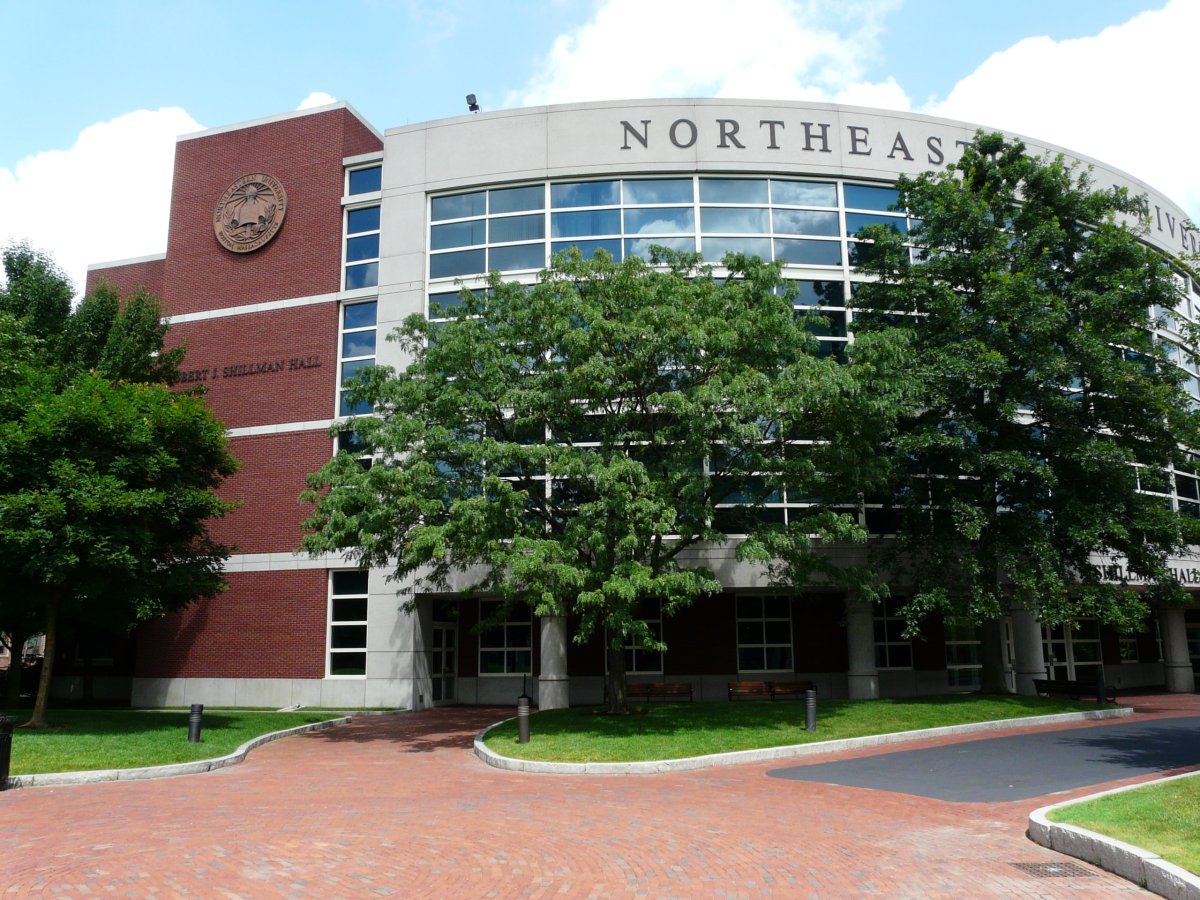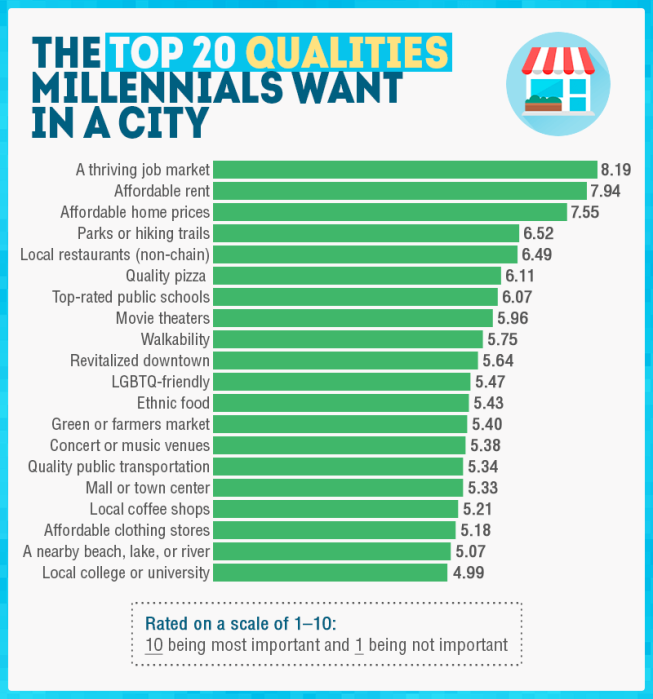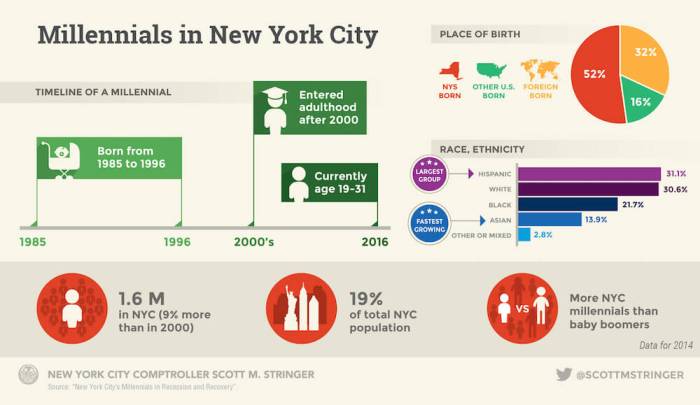With so much division in the country and on the news, life can seem a bit unkind.
Rahul Mehta wants to change that — even if in a small way — by pointing out and reporting on moments of kindness around his Northeastern University campus and the surrounding Boston area.
But this is not a solo effort.
Mehta, a 19-year-old freshman, is among a group of young people taking part in a cause that has one of the biggest names in the music business behind it.
Called Channel Kindness, the online platform launched last week by Lady Gaga’s Born This Way Foundation.
Mehta and about 50 other young adults from across the nation – 16 to 24 years old — will identify acts of kindness in their communities, then tell the world through written articles, videos stories and pieces for radio.
The idea behind Channel Kindness is to shift the conversation away from a steady stream of negative stories, including those written about millennials, and toward more positive things, said Born This Way executive director Maya Enista Smith.
“I saw that this generation was being covered very negatively, if at all,” she said, noting that articles about millennials often categorize them as apathetic, disengaged or even violent.
Smith, 33, was bothered by that kind of broad generalization of a generation in which she belongs. So she set out “to create a platform that empowers young people to tell a different story about themselves,” she said. “The kind and brave things that happen in their communities across the country.”
Lady Gaga, mega pop star that she is, created Born This Way to empower kids and young adults, and to “foster a more accepting society,” the foundation’s site explains.
Mehta, who is from New Jersey, is studying behavioral neuroscience on a premed track. He has been involved with Born This Way since 2015 when he was in high school and had started a club to educate people about the dangers of bullying. Joining Channel Kindness was the logical next step to him, he said.
Mehta’s first story for Channel Kindness has as its backdrop a typical Boston scene: a snowstorm. Boston blizzards don’t always bring out the best in people, with tension tending to run high as commuters battle packed trains, and on occasion, strangers threaten each other over parking spots.
But Mehta noticed something else that took place on his Northeastern campus after a February storm.
“I was listening to people around me saying that the walk from their dorm to the dining hall was really easy, because [maintenance workers] had done such a great job,” he said. “And people in the dining hall were surprised the staff came in, because conditions were not that great outside.”
Mehta said students thanked university staff for braving the weather and doing their work without complaints, and workers in turn, liked that the students had paid attention.
“It was nice to see people being so appreciative and so aware of the kindness shown to them,” Mehta said.
He hopes sharing that story can help people be more aware of their own actions — another goal of the initiative, Smith, its founder, noted.
“We know that kindness is contagious; if we see someone act kindly, you’re more likely to be kind yourself,” she said. Kindness also has tangible benefits for the body, not just the mind, she said. Spreading kindness can lower the heart rate and increase levels of oxytocin, also known as the “love hormone.”
Smith began work on Channel Kindness four years ago, so it wasn’t a direct response to the current political climate. But, she acknowledged “absolutely” living in a time in which the country feels especially divided.
Still, it isn’t hopeless, she said.
“We believe that kindness can be an aspirational way to combat that and build the world we want to live in.”



















